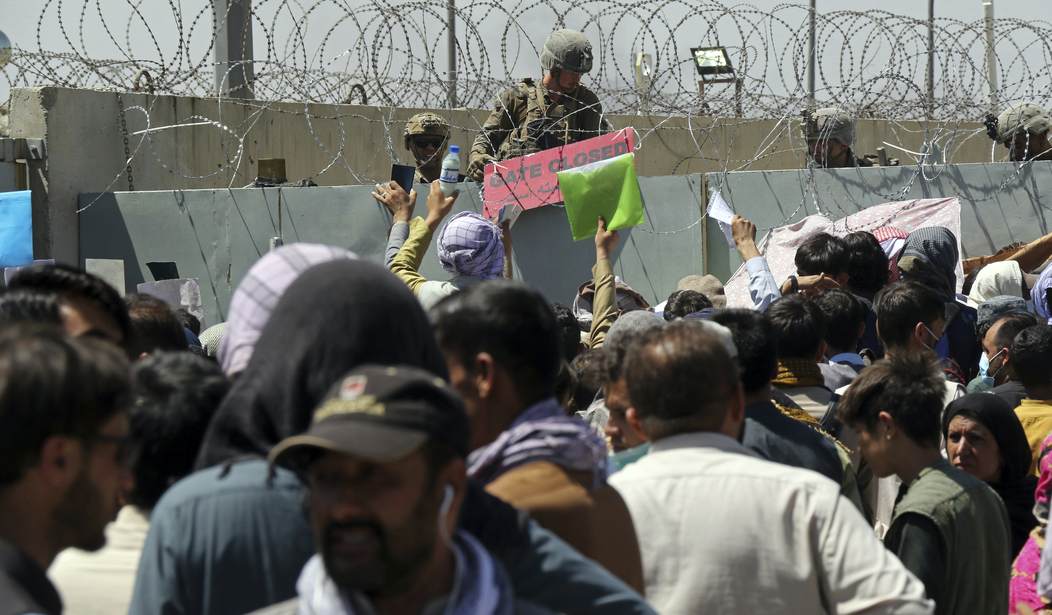In an op-ed for the Military Times, retired Marine Maj. Henry Black explained why he believes senior leadership with the U.S. military failed the 13 American services members who were killed and wounded during the botched withdrawal from Afghanistan in August 2021.
Black knows all-too-well about losing a family member in combat. His son, Staff Sgt. Bryan Black who was an Army Special Forces medic, was one of the four U.S. soldiers killed in Niger in October 2017. It's because of what happened to his son and his teammates, he has coined the term "Niger Syndrome":
"Niger Syndrome — essentially, commanders ordering military forces to execute a mission, but failing to properly assess mission risk and therefore failing to allocate adequate risk mitigation measures. The underlying factor creating the Niger Syndrome is a failure by the commander to view and therefore care for the members of the unit as brothers, sisters, sons and daughters."
In the aftermath of the suicide bomber that killed 13 U.S. troops and wounded others at Abbey Gate at Hamid Karzai International Airport and the Pentagon report that labeled the attack as "not preventable," Black said this meant Niger Syndrome had become mainstream:
"After I heard this, I grew angry, because I realized that the Niger Syndrome had gone mainstream.
"The tactical force conducting the evacuation had been assigned a mission in which the risk assessment was inadequate, and therefore the mission assigned to the unit had not been configured with the assets necessary to prevent lethal attacks. The world’s most powerful military failed to properly assess risk, and thus failed to plan and resource the mission to maximize both protection and success for the tactical force.
"I thought of Bagram Airbase, which had been closed earlier in the withdrawal from Afghanistan and from where proper stand-off was possible. I also thought of the U.S. service members who knew the security situation at Abbey Gate was untenable prior to the attack. In Niger, the battalion commander overseeing ODA 3212 also did not 'use every god d*# round' for the team. In Afghanistan, the higher commanders overseeing the evacuation failed the same test."
Recommended
Black said beyond the two tragic incidents, he's worried Niger Syndrome has set into the mindset of the military stateside, "it seems evident that leadership within and over our military has lost sight of what needs to be done to take care of service members."

























Join the conversation as a VIP Member